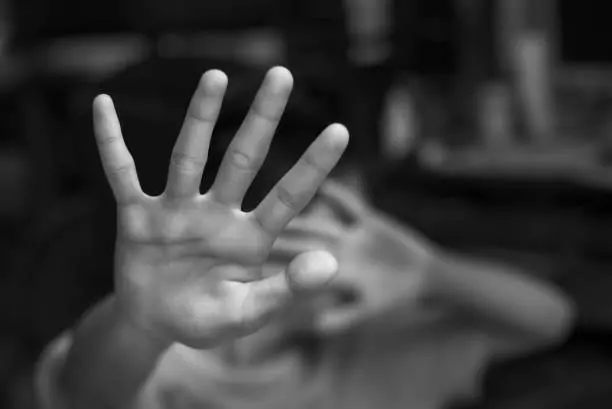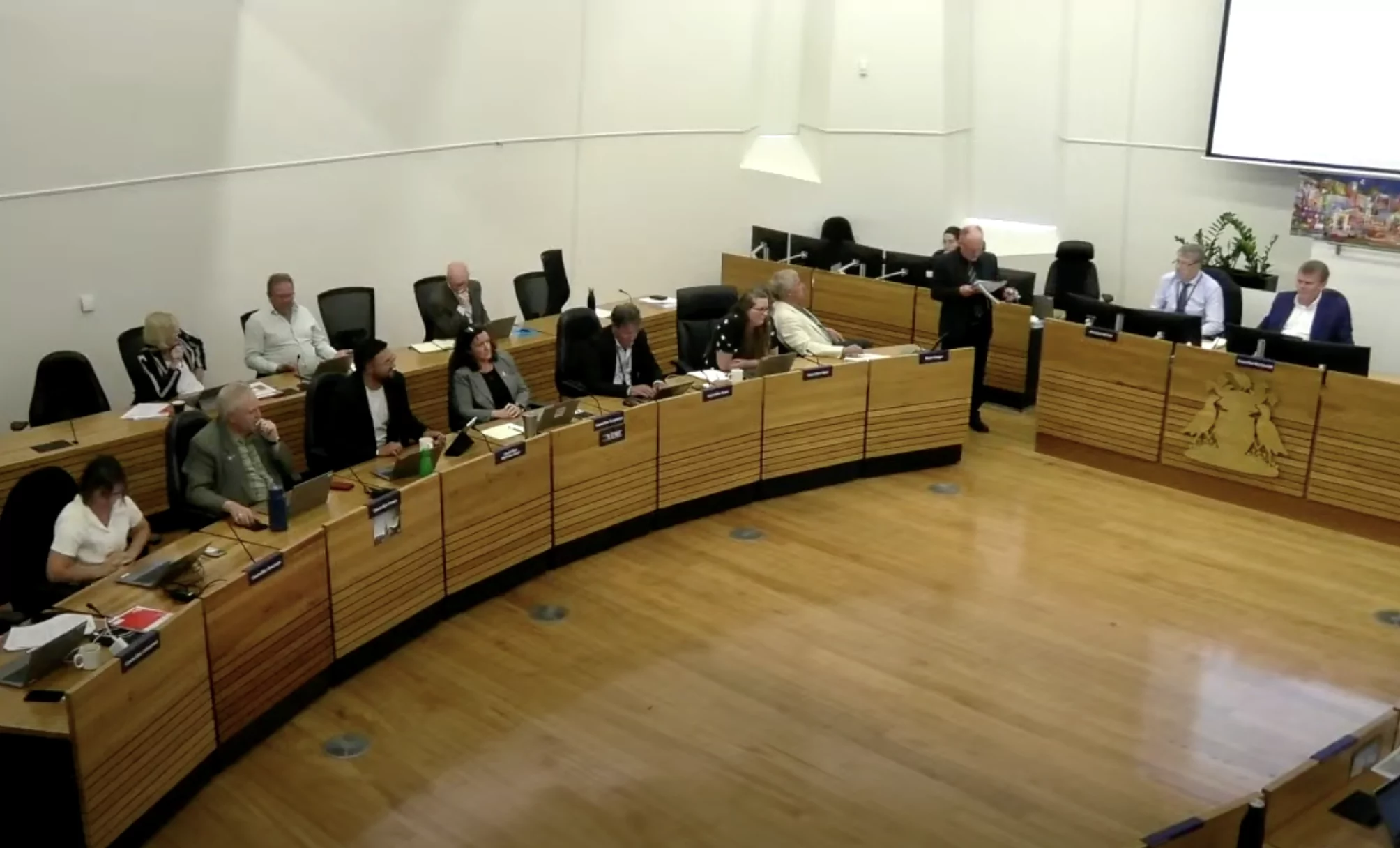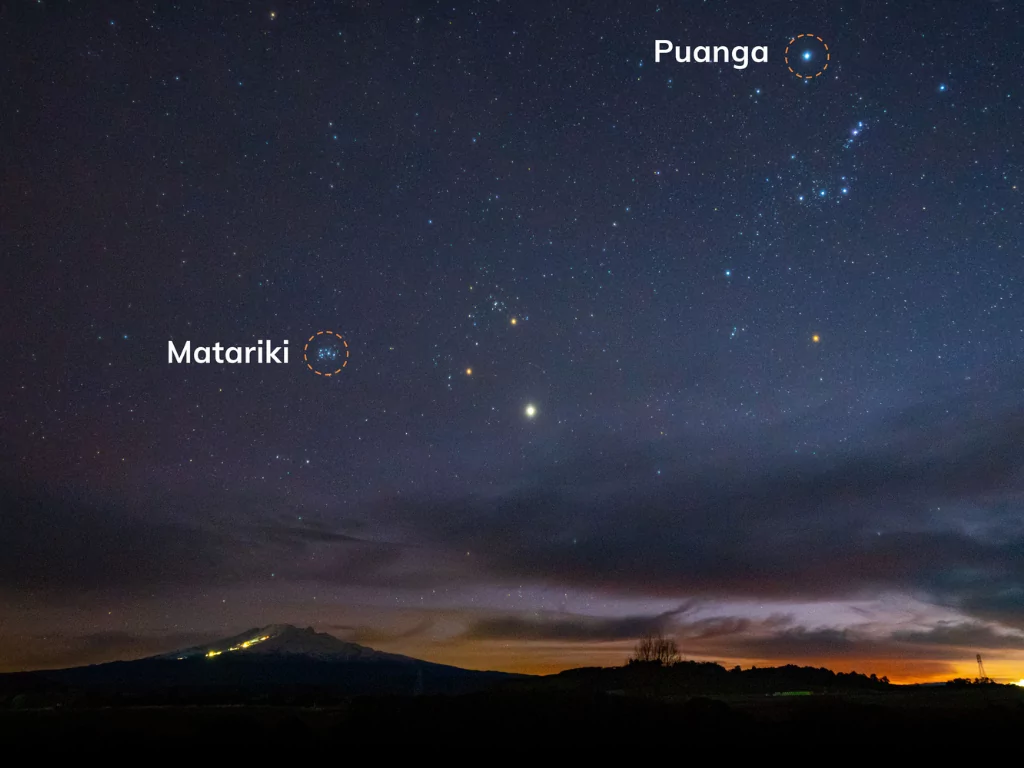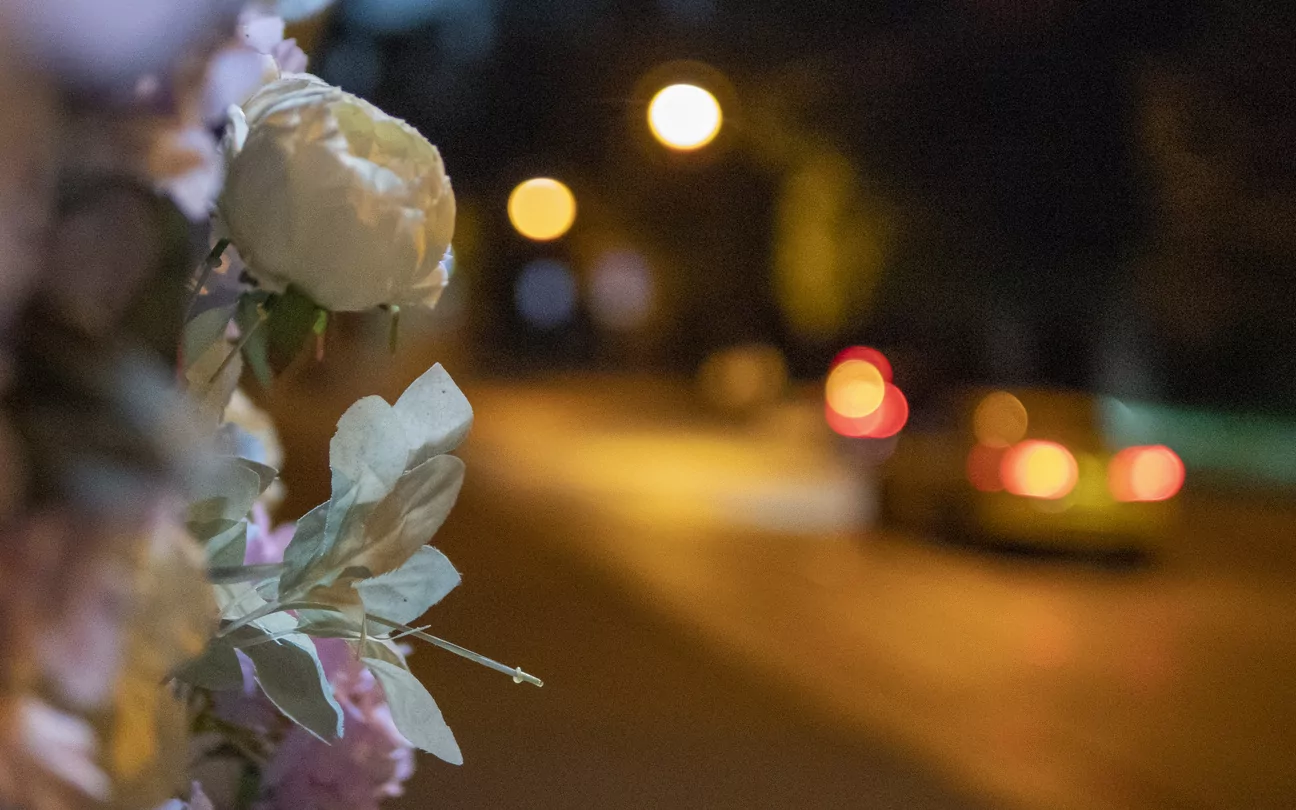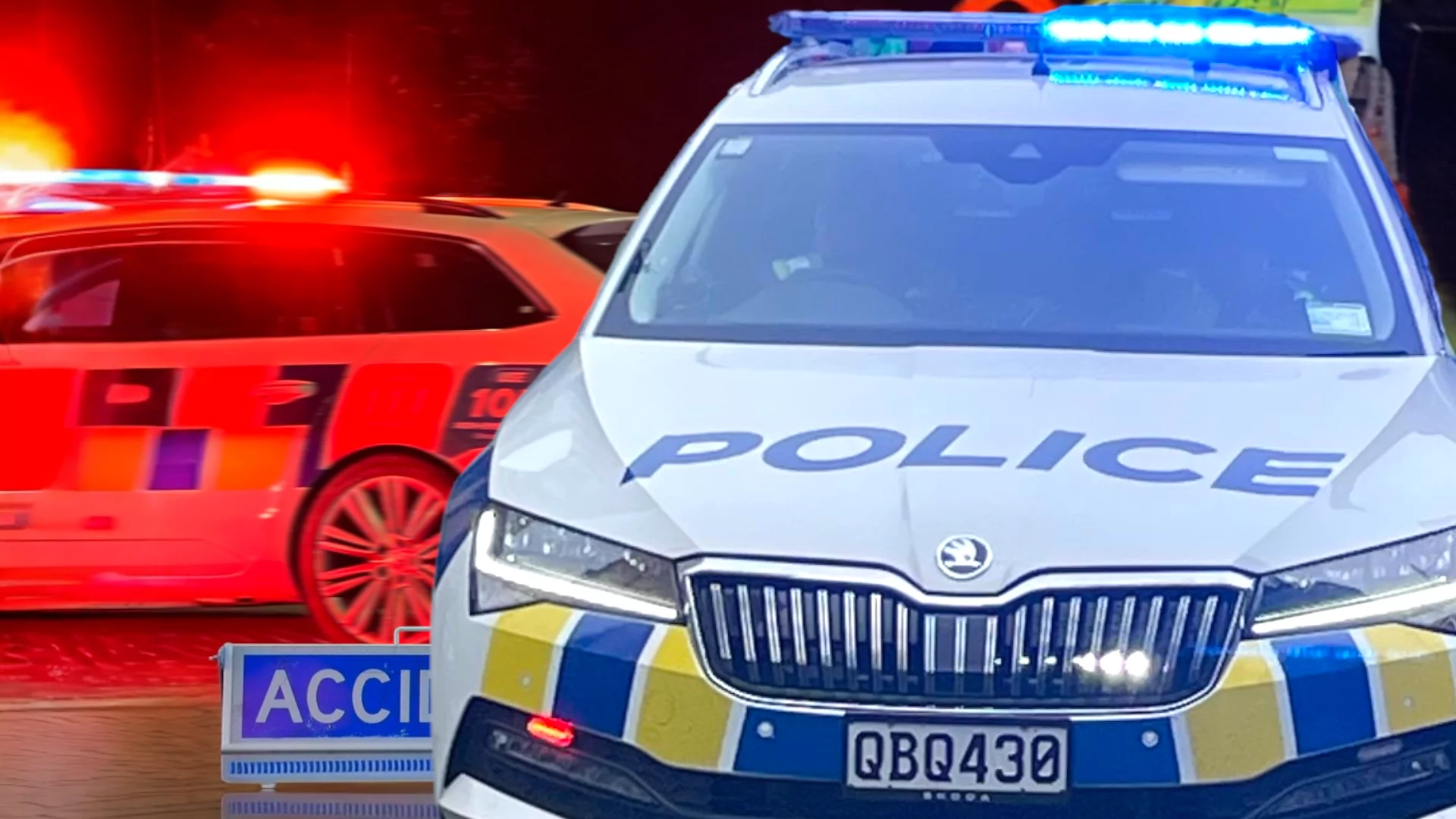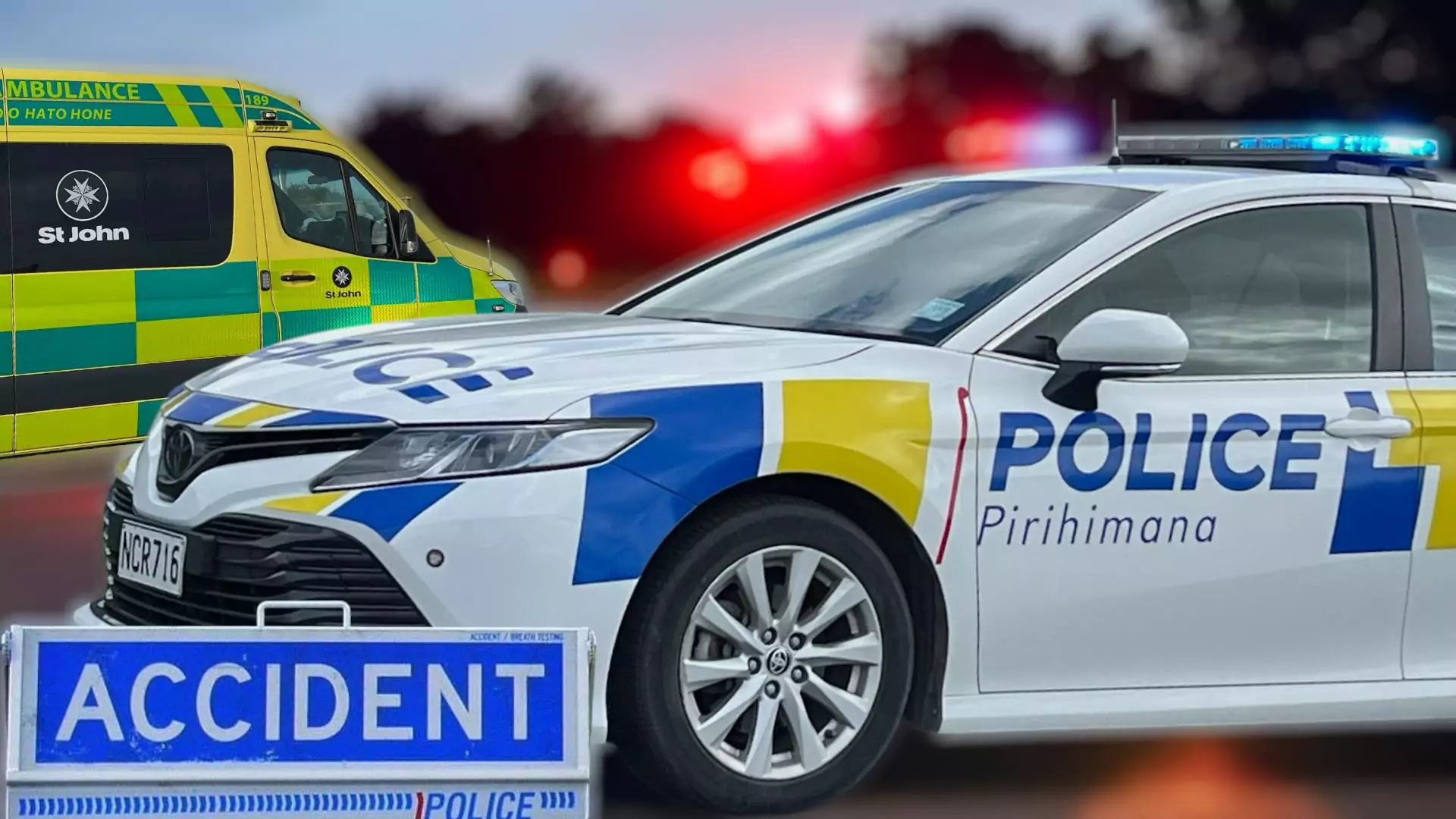The Government has acknowledged the nearly 2,400 survivors who shared their experiences during the Royal Commission of Inquiry into Historical Abuse in State and Faith-Based Care.
The final report from the largest and most complex public inquiry ever held in New Zealand, the Royal Commission Inquiry “Whanaketia – through pain and trauma, from darkness to light,” was tabled in Parliament today.
“Of the estimated 655,000 children, young people and adults in care from 1950 to 2019, it is estimated that 200,000 were abused and even more were neglected,” the report said.
Prime Minister Christopher Luxon said “I would like to acknowledge the 2,400 survivors. Thank you for your strength, your bravery and your honesty.
“I know there is nothing I can do to take away your pain, but I want you to know you are heard and you are believed.”
The Royal Commission of Inquiry was established in 2018 to investigate the abuse of children, young people, and adults in State and faith-based care in New Zealand between the years of 1950-1999.
“This is a dark and sorrowful day in New Zealand’s history. As a society and as the State we should have done better. I am determined that we will do better,” Luxon said.
The report made 138 recommendations which the Government will now consider alongside the 95 recommendations from the interim report which was released in December 2021.
The Royal Commission found that most of the 362 children who went through the Lake AliceChild and Adolescent Unit between 1972 and 1978 did not have any form of mental illness.
“What the Lake Alice survivors went through was profoundly disturbing. It is reprehensible that this has occurred in New Zealand,” Luxon said.
“I want to thank the Lake Alice survivors for their determination to ensure what they suffered was brought to light. I am sorry it has taken so long for this acknowledgement of torture.”
The Minister responsible for coordinating the Crown Response to the Abuse in Care Inquiry, Erica Stanford, said throughout the 1970s patients at Lake Alice were given electric shocks without anaesthetic, as well as painful and immobilising paraldehyde injections.
“It is clear treatments were not administered for any medical reason. They were used for punishment and emotional control through terror. It is beyond heartbreaking.”
Stanford said the Government will now consider options for redress for the torture of survivors of Lake Alice.
“Other recommendations will require more time to consider and respond to, particularly those involving legislative and major organisational change. We will provide an update by November,” Stanford said.
The first step is a formal apology which will take place this year on November 12.
“This is a significant event, and the Government is working with survivor groups to deliver an event that gives it the dignity it deserves,” Stanford said.
“The apology will provide an important opportunity for the Government, and the leaders of other political parties, to take responsibility on behalf of the nation for the failures of the State across many governments.
“To the survivors, I know we can never replace what has been lost. What I can commit to you is we will engage with the Royal Commission’s report and recommendations in good faith, with careful consideration and we will never lose sight of what you have endured to bring the truth to light,” Luxon said.
